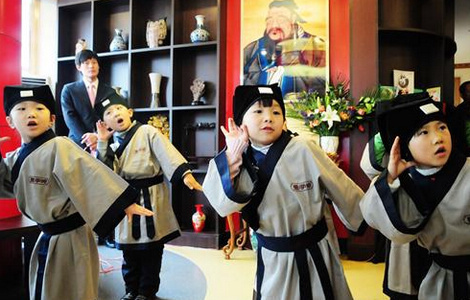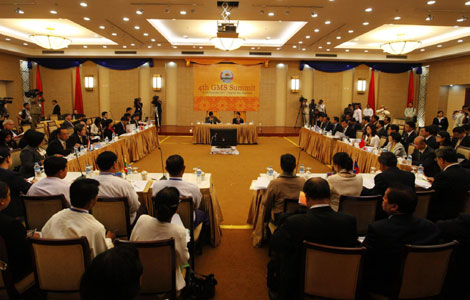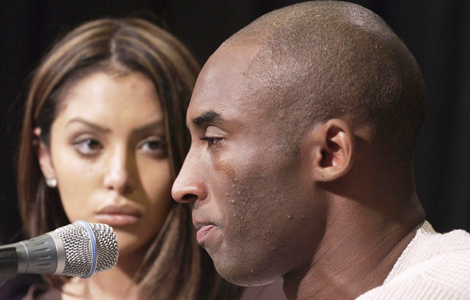|
|||||||||||
BEIJING - Members of the Communist Party of China (CPC) shall not believe in religion, which is a principle to be unswervingly adhered to, a senior official has said.
The Party would suffer "pernicious" consequences if members are allowed to believe in religion, said Zhu Weiqun, executive vice minister of the United Front Work Department of the CPC Central Committee.
"Party organizations will be greatly weakened in the fight against separatism, as hostile forces home and abroad are doing what they can to use religion for their separatist activities in the areas inhabited by ethnic groups," said Zhu in an article published in Qiushi, or "Seeking Truth," the biweekly official journal of the CPC Central Committee.
Zhu slammed the growing occurrences of CPC members participating in religious activities, establishing close contacts with religious figures and some members becoming de facto religious believers.
Some people, even within the Party, have said the ban of CPC members believing in religion should be lifted. They listed the "reasons and benefits" for CPC members to believe in religion, and even argue the ban was inconsistent with the Constitution, Zhu said.
"If the Party lifts the ban as some people suggest, it can hardly see the promised benefits and will instead suffer obvious pernicious consequences," Zhu said in the article.
The CPC's use of Marxism and all its theories, ideas and actions as a guide is based on the dialectical materialism view of the world, Zhu noted.
The Party will be divided ideologically and theoretically if members are allowed to believe in religion, as it means the coexistence of both idealism and materialism and of both theism and atheism, compromising the guiding role of Marxism.
The Party will be divided in organization if members are allowed to believe in religion, since it means CPC members could be under the leadership of the Party and various religious organizations at the same time.
"It is not accidental that Party committees in Xinjiang and Tibet, where the anti-secession struggle is the most acute, take a clear-cut stand that Party members shall not believe in religion," Zhu said.
The Party's work of religion will be fundamentally compromised if Party members are allowed to believe in religion, since some could become spokespeople for certain religious groups and are unlikely to treat different religions equally, he continued.
According to Zhou, the CPC would be unable to lead the great cause of socialist with Chinese characteristics if it disarms itself ideologically and theoretically and degrades from a Marxist party to a non-Marxist one by allowing its members to believe in religion, he said.
The official also refuted the notion that the ban on CPC members believing in religion was inconsistent with the freedom of religious belief in the Constitution.
Freedom of religious belief in China means that every citizen has the freedom to believe or not to believe in any religion. When a citizen voluntarily joins in the CPC, he or she accepts the Marxist dialectical materialism view of the world and has the right to believe in no religion.
The official also called for more efforts to enhance the Marxist view of religion and atheism education within the Party.
It has to be clear-cut that people who are not CPC members have freedom of religious belief and CPC members shall not believe in religion, he said.
He warned against tolerating Party members participating in religious activities. Those who use their power to fuel religious fanaticism and the excessive construction of religious sites shall be reprimanded, and punished if they refuse to repent and make corrections, he suggested.
Hot Topics
HIV/AIDS, Egypt protest, Thanksgiving, climate change, global economic recovery, home prices, high-speed railways, school bus safety, Libya situation, Weekly photos
Editor's Picks

|

|

|

|

|

|







